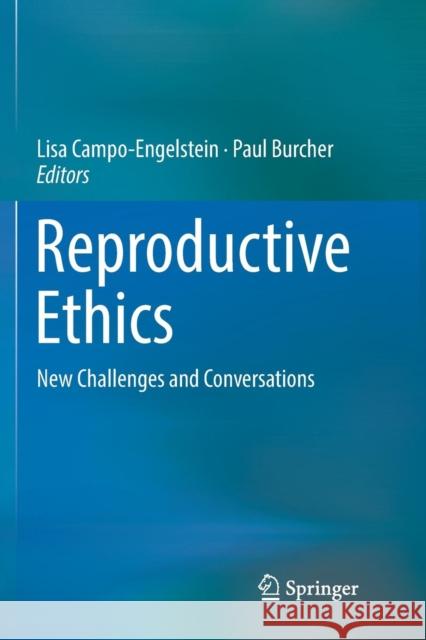Reproductive Ethics: New Challenges and Conversations » książka
topmenu
Reproductive Ethics: New Challenges and Conversations
ISBN-13: 9783319849508 / Angielski / Miękka / 2018 / 176 str.
Kategorie BISAC:
Wydawca:
Springer
Język:
Angielski
ISBN-13:
9783319849508
Rok wydania:
2018
Wydanie:
Softcover Repri
Ilość stron:
176
Waga:
0.27 kg
Wymiary:
23.39 x 15.6 x 1.02
Oprawa:
Miękka
Wolumenów:
01
Dodatkowe informacje:
Wydanie ilustrowane











